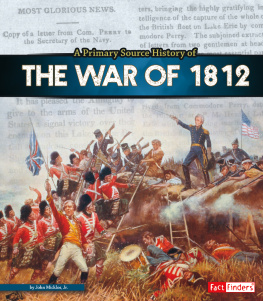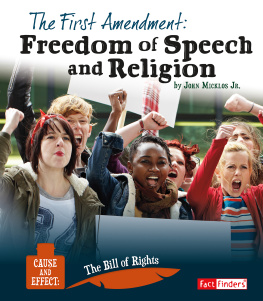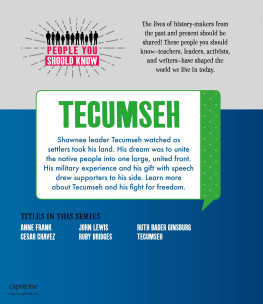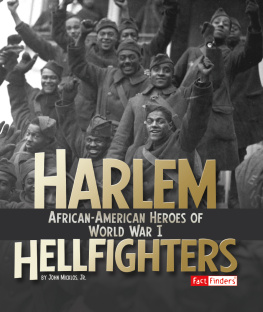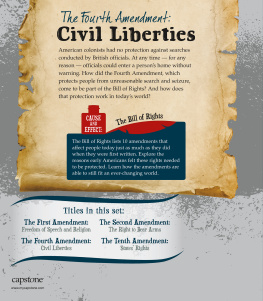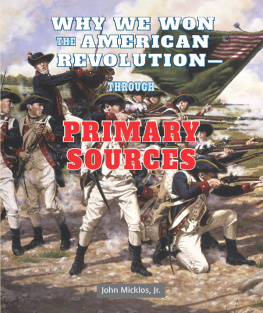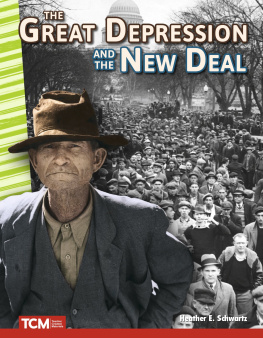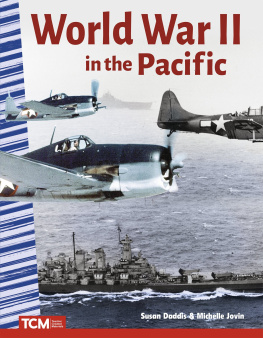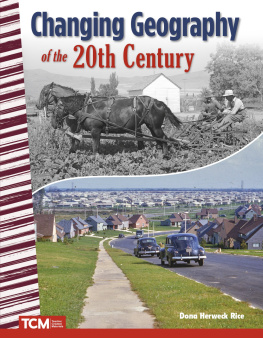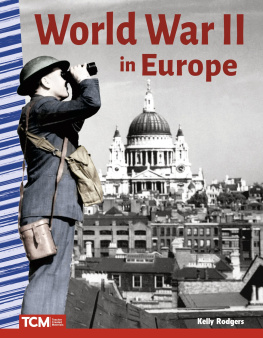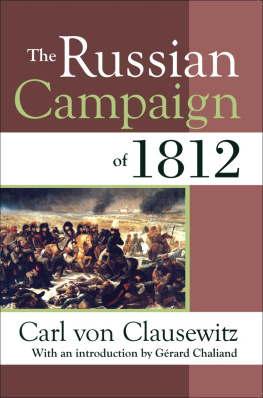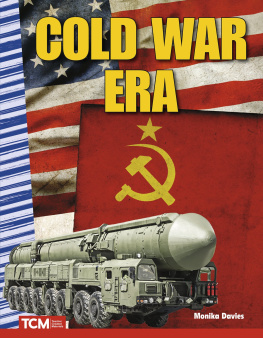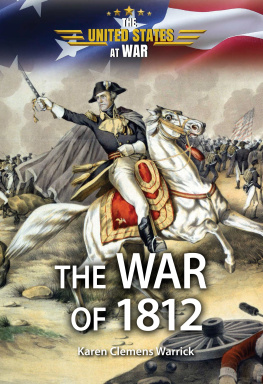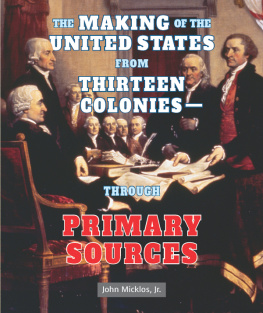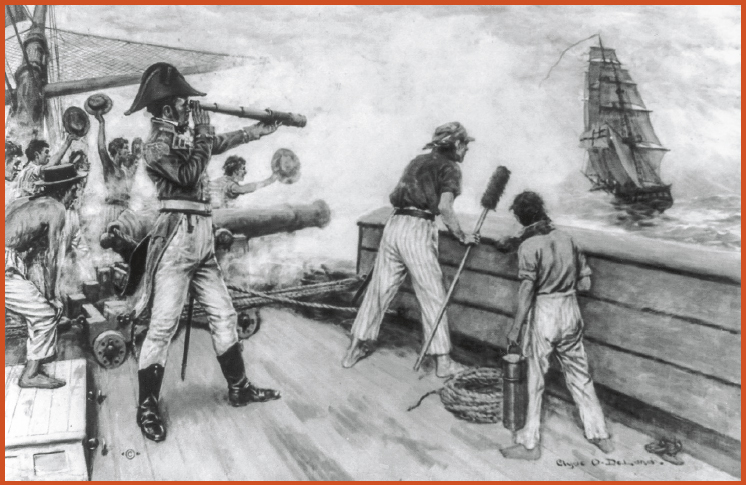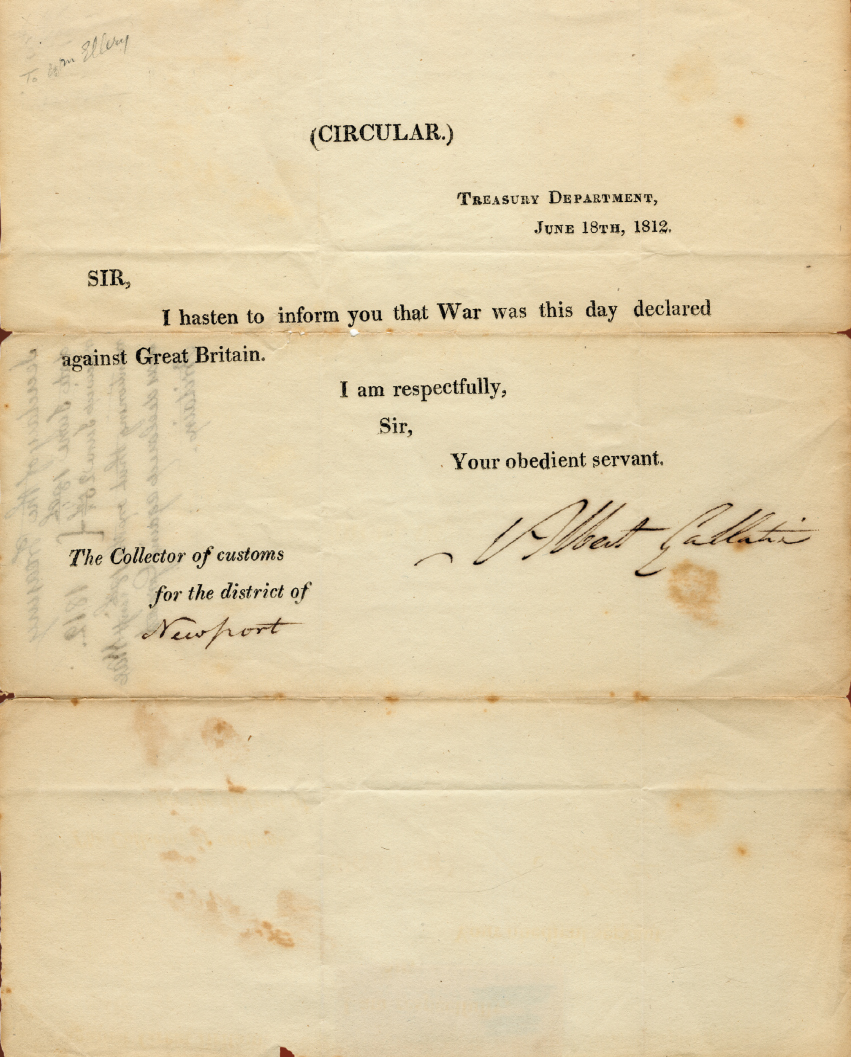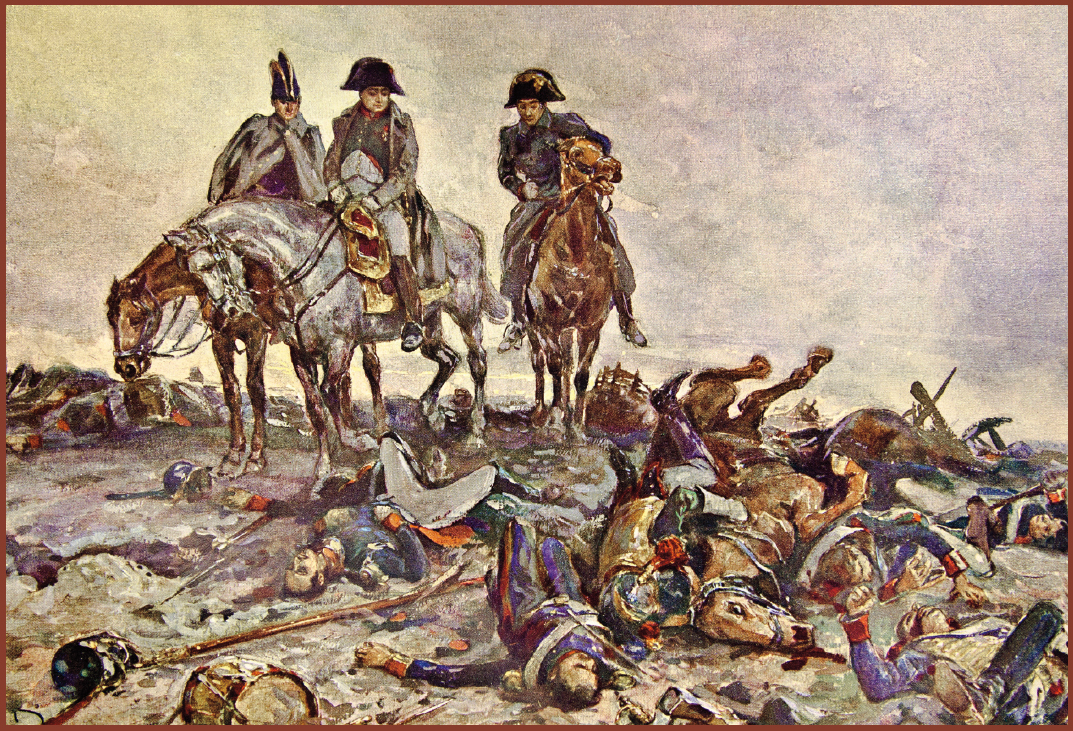SELECTED BIBLIOGRAPHY
- Drexler, Kenneth. A Guide to the War of 1812. U.S. Library of Congress. www.loc.gov/rr/program/bib/1812/
- Foreman, Amanda. The British View the War of 1812 Quite Differently Than Americans Do. Smithsonian.com. www.smithsonianmag.com/history/british-view-war-1812-quite-differently-americans-do-180951852/?page=2
- Heidler, David S., and Jeanne T. Heidler. The War of 1812. Westport, Conn.: Greenwood Press, 2002.
- Taylor, Alan. The Civil War of 1812: American Citizens, British Subjects, Irish Rebels, & Indian Allies. New York: Alfred A. Knopf, 2010.
- The Star-Spangled Banner. Smithsonian. amhistory.si.edu/starspangledbanner/
- The War of 1812 Website. www.warof1812.ca/battles.htm.
- Tucker, Spencer C., and Frank T. Reuter. Injured Honor: The Chesapeake-Leopard Affair, June 22, 1807. Annapolis, Md.: Naval Institute Press, 1996.
- USS Constitution Museum FAQ. www.ussconstitutionmuseum.org/collections-history/faq/
- War of 1812. University of IndianaBloomington Libraries. http://collections.libraries.iub.edu/warof1812/
LACK OF COMMUNICATION
The War of 1812 lasted nearly three years, from June 1812 into early 1815. To the United States, it was the Second War of Independence. To Great Britain it was an annoying distraction from its war with France. The war began over three major issues: trade, the kidnapping of American sailors, and concerns that the British were stirring up anger among American Indians on the western frontier of the United States.
Trade was probably the most troubling of the three issues. In the late 1700s and early 1800s, Great Britain and France were at war. As part of its war effort, Great Britain tried to stop the flow of goods into France. But France was a key U.S. trade partner. The British navy tried to prevent U.S. ships from entering French ports. This hurt the U.S.. People across the country suffered.
American sailors fire the first shots of the War of 1812 from a ships cannon.
At the same time, settlers on the U.S. frontier faced increased attacks from American Indians. Some of these attacks came because settlers had moved onto Indian land. But many U.S. leaders believed that the British encouraged the Indians to fight against the settlers.
The third key issue involved the impressment of sailors into the British Royal Navy. Imagine being taken from the streets of your hometown by a gang of armed men. Then imagine being carried off to sea and forced to work on a ship. In the late 1700s and early 1800s, Great Britain needed more sailors for its war with France. Many of these sailors were taken from cities in Great Britain. This was called impressment. Many people considered it kidnapping.
Often these sailors tried to escape. Sometimes they slipped away when the British ships docked in U.S. ports. Many of these later joined U.S. ships. The British navy began boarding U.S. ships, searching for missing sailors. Sometimes they also took men who were U.S. citizens. One British captain said, It is my duty to keep my ship manned, & I will do so wherever I find men that speak the same language with me.
By mid-1812 the U.S. and Great Britain were trying to work out their differences. The British refused to budge on trade and impressment, though. On June 1 President James Madison told Congress that war might be necessary. He said that Great Britains actions amounted to a state of war against the United States. Congress moved to make that state of war official. On June 18 it voted that war is hereby declared.
The timing of Congress vote was unfortunate. Days earlier the British would be revoked, so far as may regard American vessels, and their cargoes.
It took weeks for the news to cross the Atlantic Ocean. By the time the message reached the U.S. it was too late. War had started. There was no turning back. What if the message had arrived earlier? Then the two sides might have continued trying to resolve their other issues. War might have been avoided.
A letter from Albert Gallatin, secretary of the U.S. Treasury, announced that war had been declared against Great Britain.
CAUSES OF THE WAR
In some ways Great Britains war with France also helped lead to the War of 1812. By 1812 Britain and France had been at war, on and off, for more than a decade. Several other European countries joined Britain in fighting against French leader Napoleon Bonaparte and his . The United States remained neutral, not choosing sides. Although the country managed to stay out of the fighting, the war still hurt the United States. Both Britain and France tried to prevent the U.S. from trading with the other country. This hurt business with two major trade partners.
Napoleon (on middle horse) on a European battlefield
As part of its plan to keep France from trading with other countries, the British navy stopped ships at sea. That included U.S. merchant ships. We consider a neutral flag, on the high seas, as a safeguard to those sailing under it, James Madison wrote to James Monroe in 1806. This was before Madison became president. In 1806 he served as the U.S. secretary of state. Monroe represented the United States in Britain.
The British, however, believed they had the right to search the cargos of any ships that might be trading with France. They also felt they should be able to search U.S. ships for sailors who had escaped from the British navy. They sometimes captured American sailors as well. In the years leading up to the War of 1812, the British forced 6,000 or more Americans to serve on British ships.
The War Between Britain and France
The long war between Great Britain and France hurt the United States. Britains efforts to block U.S. trade with France and its impressment of U.S. sailors into the British Royal Navy helped lead to the War of 1812. Britains war with France also affected many other nations. Some countries fought on both sides at different points during the war. Following are some of the key allies for both sides as the European war moved toward a close between 1812 and 1814.
- Key British Allies
- Austria
- Prussia
- Russia
- Spain
- Portugal
- Sweden
- Key French Allies
- Kingdom of Italy
- Duchy of Warsaw (Poland)
One incident raised tensions even higher. In 1807 a British warship captain demanded a search of the USS Chesapeake. He sought deserters from the British navy. The captain of the U.S. ship refused. The British opened fire. Several U.S. sailors were killed or wounded. The British boarded the ship and captured four men. One was a British deserter. The other three were U.S. citizens who had been impressed into the British navy but had escaped. U.S. sailor William H. Allen wrote to his father, my countrys flag [was] disgraced by allowing the British to board the

